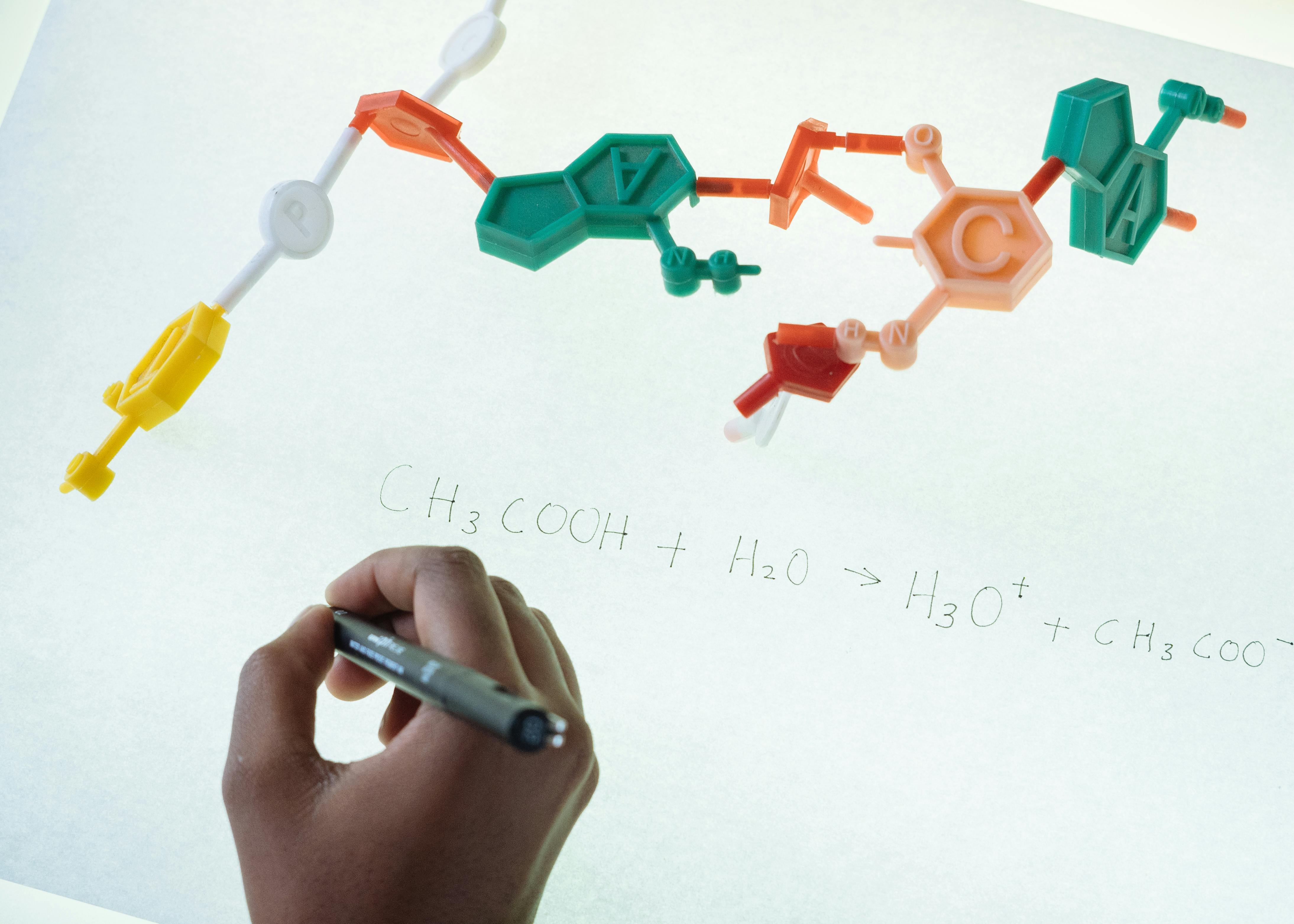Examining the Reality: Are Concerns Over Artificial Intelligence Technology Exaggerated?

Across the globe, there's a new technology rising observing exponential growth–Artificial Intelligence (AI). With its ever-expanding presence, numerous debates are covering its pros and cons. Among these, a prevalent concern is whether the fear related to AI technology is overstated or does it contain substantial credibility. In this article, we aim to decode these fears, explore the facts, and arrive at a conclusive stand on this issue.
AI: The New Era of Technology
Artificial Intelligence, the very term floods our minds with science fiction images, robots taking over the world, or people losing jobs to machines. AI, in its most elementary definition, refers to systems or machines that mimic human intelligence to execute tasks and could self-learn with exposure to more data. In recent years, the adoption and development of AI have escalated, making its implications an essential topic of discussion.
The Fears Surrounding AI: Are they Exaggerated?
The fears surrounding AI are multifaceted, involving several potential impacts on society, economy, and even personal life. A prominent area of concern is employment. The automation brought by AI signifies that several jobs, mainly routine and unskilled ones, are at risk. This fear of massive job displacement has been often magnified, leading to a dystopian perspective of AI.
However, it's essential to look at both sides of the coin. While AI may replace certain jobs, it also introduces new roles and opportunities. History is the witness of technological transitions which initially seemed destructive but eventually led to newer avenues in the job market. Similarly, AI is encouraging the emergence of new skills and professions. Hence, the fear regarding job losses, while partially valid, seems overly emphasized.
The Ethical Implications and Regulatory Challenges
Apart from employment, ethical considerations come across as a significant worry about AI. Concerns range from privacy issues, decision-making transparency, to increased vulnerability due to dependency on technology.
Many fear that AI systems can potentially be used for sinister purposes or manipulative propaganda. Any regulatory deficiencies or ethical oversight may potentially result in remarkable harm. However, it is crucial to acknowledge that these issues are contingent on the use of AI rather than the technology itself. There's a significant need for a comprehensive regulatory framework to ensure ethically-aligned and secure use of AI.
Artificial Intelligence: A Predicament or Opportunity?
So, is the fear surrounding AI overblown? The answer is a mixed bag. Yes, AI does pose challenges regarding job displacement and ethical complications. However, considering these challenges as insurmountable threats would be an overstatement. After all, every disruptive technology comes with its set of obstacles, but we have always found ways to overcome them, leading to progress and development.
Thus, confronting the fears surrounding AI requires a balanced perspective. Recognizing and addressing its potential risks is as crucial as appreciating the immense opportunities it offers. Fear should not halt the exploration, but rather stimulate our efforts to harness and regulate this promising technology optimally.



